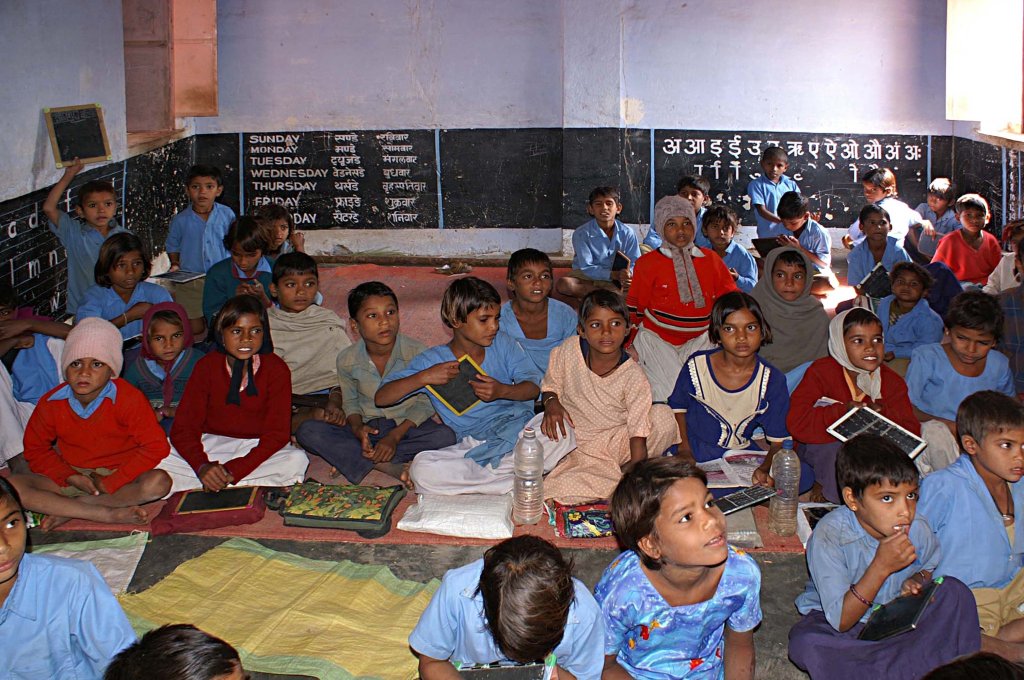India is a country rich in history, culture, and diversity. From the bustling streets of Mumbai to the serene backwaters of Kerala, India offers a unique experience for travelers seeking an immersive cultural journey. In addition to its vibrant traditions and stunning landscapes, India also has a lot to offer in terms of alternative schooling and education options.
One of the most well-known alternatives to traditional schooling in India is homeschooling. Homeschooling allows parents to take charge of their child’s education by designing a curriculum tailored to their needs and interests. This flexible approach enables students to learn at their own pace and explore subjects that may not be covered in a typical school setting.
Another popular alternative education option in India is Montessori schools. Founded by Maria Montessori, these schools focus on individualized learning and hands-on activities to foster independence and critical thinking skills in students. Montessori schools often have mixed-age classrooms where children can learn from one another and develop social skills in a supportive environment.
For families looking for a more holistic approach to education, Waldorf schools provide an alternative that emphasizes creativity, imagination, and experiential learning. Developed by Rudolf Steiner, Waldorf education encourages students to engage with nature, arts, music, and movement as integral parts of their academic development.
In recent years, progressive educators in India have also been exploring the concept of unschooling as an alternative form of education. Unschooling advocates believe that children are natural learners who thrive when given the freedom to pursue their interests without formal instruction or prescribed curriculum. Instead of being confined by traditional classroom settings, unschooled children are encouraged to explore the world around them through real-life experiences and self-directed learning.
In addition to these alternative schooling options, India is also home to several innovative educational initiatives that aim to transform the way we think about teaching and learning. The Riverside School in Ahmedabad is one such example – founded by Kiran Bir Sethi, this school focuses on empowering children through design thinking principles and project-based learning approaches.
Similarly, Pratham Education Foundation has been working tirelessly across rural communities in India to improve access to quality education for underprivileged children through innovative teaching methods and community engagement programs. By partnering with local stakeholders and leveraging technology solutions, Pratham has made significant strides towards bridging the gap between urban and rural educational opportunities.
India’s rich tapestry of cultures and traditions provides a fertile ground for exploring diverse approaches to schooling and education beyond conventional norms. Whether it’s through homeschooling, Montessori schools, Waldorf education or unschooling practices – there are plenty of avenues for families seeking alternatives that align with their values and beliefs about how children learn best.
As we navigate an ever-changing educational landscape globally, it’s inspiring to see how educators in India are pushing boundaries and reimagining what schooling could look like for future generations. By embracing innovation while honoring age-old wisdoms rooted in Indian heritage – these alternative schooling models offer valuable insights into creating inclusive environments where every child can thrive academically as well as emotionally.

Leave a comment